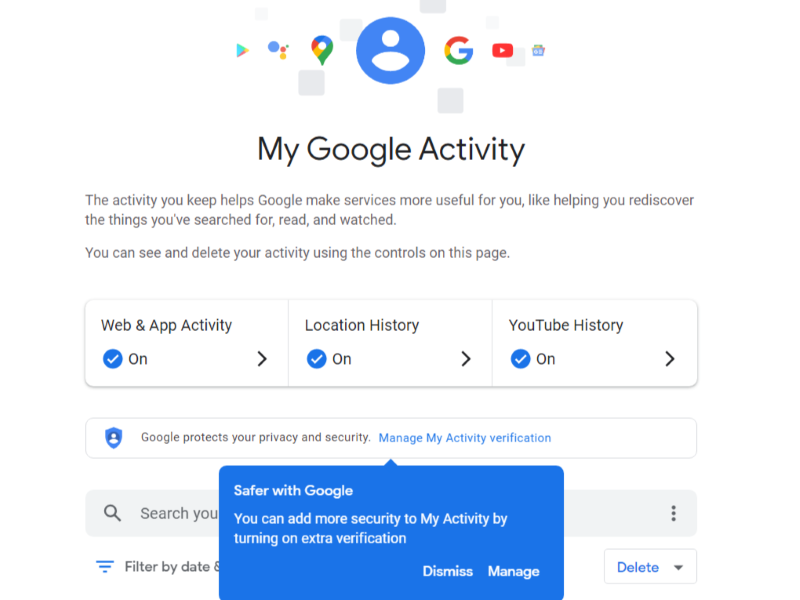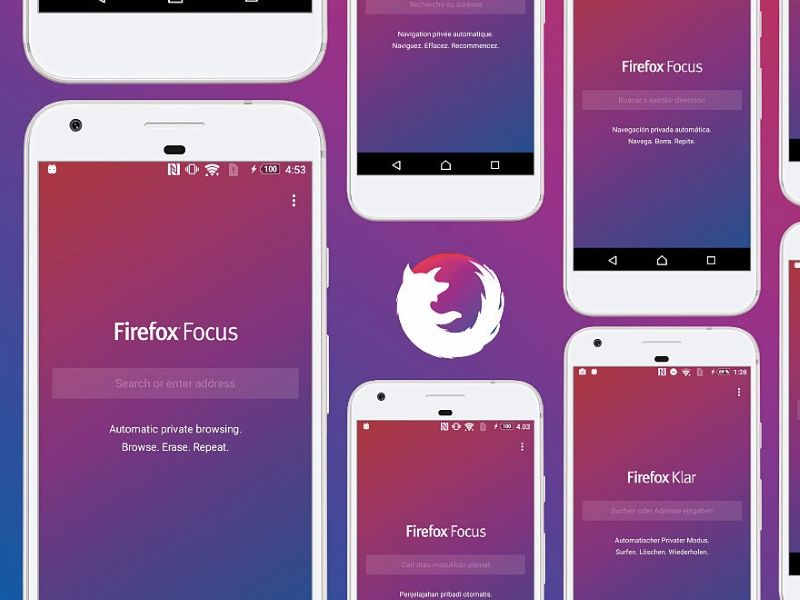
The wondrous keyboard shortcut of Ctrl+Shift+N fires up the incognito tab in Google Chrome and Microsoft Edge.
Ah, December. ’Tis the season advertisers would give just about anything to lurk behind your shoulder as you click through tab after tab of wares until you are 35 pages deep into picking out the perfect holiday mug. Most of all, each gift must transmit an entire calendar year’s worth of sentiment, lest your recipient judge your lack of personal thought and taste. Thankfully, the internet comes to the rescue — while nudging ever so slightly the appeal of a vintage gold-plated Kinto dripper, unbleached organic paper filter and a gooseneck electric kettle you never knew you wanted.
Inform the supercharged search engine your age, gender and delivery address, and it may even plan an entire Christmas party and recommend the nearest dairy-free ice cream store to cater for your lactose-intolerant, affogato-loving friend. Such is the power of predictive models fuelled by machine learning: It knows things, or makes awfully good guesses, about you that you have yet to acknowledge about yourself. And boy, does it know about your passion for single origin coffee grown in some faraway highland.
So, refusing to be shamed further by the AI assistant for not choosing a burr bean grinder as a promotional add-on during checkout (“Are you sure? Item is selling fast!”), you decided to game the system. Wouldn’t surfing in private mode prevent your web browser from saving what you do? This way, pesky shopping reminders will not appear in a banner ad on a sketchy health site when you google ways to tackle gastrointestinal discomfort from caffeine overdose in the future.
Not so fast.
kinto.jpg

Fundamentally, navigating the information highway in private means your browsing history is not saved, and nothing you do gets logged for autofill purposes. It is useful if you are using a shared device or do not want anyone to stumble upon any embarrassing topics you just searched on your computer, like “Do dogs have thumbs?” or “Safe conversation topics for family dinner”. But this stealth mode presents a false sense of security, especially when you are tricked into believing that cloaking your identity can offer full anonymity or help you score better deals during the most expensive time of the year.
The wondrous keyboard shortcut of Ctrl+Shift+N, which fires up the incognito tab in Google Chrome and Microsoft Edge, works something like this: Imagine you buy a new phone, and call or text your family and friends. Then you factory reset the device. Your conversations will no longer appear on your phone but they will definitely remain in the chat history of the receiver. Apps, which collect seemingly innocuous details such as the type of computer you own, its screen resolution and type of browser, can trace and piece together information to profile you.
Let’s assume you are smart and diligent enough to promptly erase your computer settings and repeat this after every search. Alas, there will still be an invisible trail. Your internet service provider, or network administrator if you are surfing at work, school or a hotel, can track all the sites you visit and everything you download or watch.
And bear in mind that if you are already signed into any services such as Gmail or Facebook in incognito mode, the session is no longer private as these big tech firms are able to match your habits to your registered account, giving them the same access as you normally would. Any data you store on a third-party service, be it photos, contact information or appointments, may be kept somewhere on the world wide web (For Google, records are compiled under My Activity). Each user has developed a digital fingerprint so personalised that companies behind, say, a social media giant or mega shopping platform can identify with near certainty who and how they arrived at their sites.
my_activity.png

We live in the age of the variable airfare, the surge-priced ride and a buy now, pay later (BNPL) retail environment. Competitive rates are designed to extract every last ringgit from the consumer. The immense data you inadvertently leave behind when you place something in your online shopping cart or register for a new rewards system is leverage for top economists and data scientists to turn this information into useful price strategies. In that case, does your search history really help you nail down unbeatable bargains or the lowest flight tickets?
A company’s pricing typically hinges on several factors such as timing, location and how much a brand pays to ensure the product you want lands at the top of your search results. Ultimately, it does not have to do with how often you search for a product. In fact, doing so will only heighten the frequency of the same thing being pitched to you.
As for snagging cheaper airfares, the process is not as sinister or personal as we may believe. Fluctuations are not attributed to one’s actions as hikes happen when the date of departure approaches or in response to pricing changes by competitors. For instance, Google Flights’ systems compute an enormous permutation of possible combinations for trips, and the variables switch from second to second. Sure, collecting data on your location or the currency and language you use allows airlines and booking sites to narrow down relevant search results, but any fare differences are coincidental whether you are browsing in incognito mode or not.
untitled-1_2.jpg

A foolproof hack to secure eye-popping discounts does not quite exist, even if you turn on the virtual private network (VPN), which creates a virtual tunnel that shields your browsing information. If every link you search leads you back to yet another Google-supported ad, it is perhaps time to convert to another less-intrusive browser. For example, Firefox Focus, available on Apple and Android smartphones, is bare bones but gets the job done by blocking ads, analytics and social trackers. Just punch in a web address, surf as usual and hit the trash icon to erase the session and cookies with a tap of a finger. You get a fresh and clean slate every time you load up the open-source feature developed by Mozilla.
Gift-hunting online and the humanless image of retail it portends has become slightly manic, as harried shoppers, in the weeks to come, will buy from anyone anything as long as it is eligible for next-day shipping. If time is on your side, consider the good ol’ brick-and-mortar shops — there is an impeachable trust when you walk out with a product you just hand-picked and instant gratification in a way that even the fastest drone cannot deliver. After all, everybody deserves a heartfelt mug of holiday cheer.
This article first appeared on Dec 4, 2023 in The Edge Malaysia.


